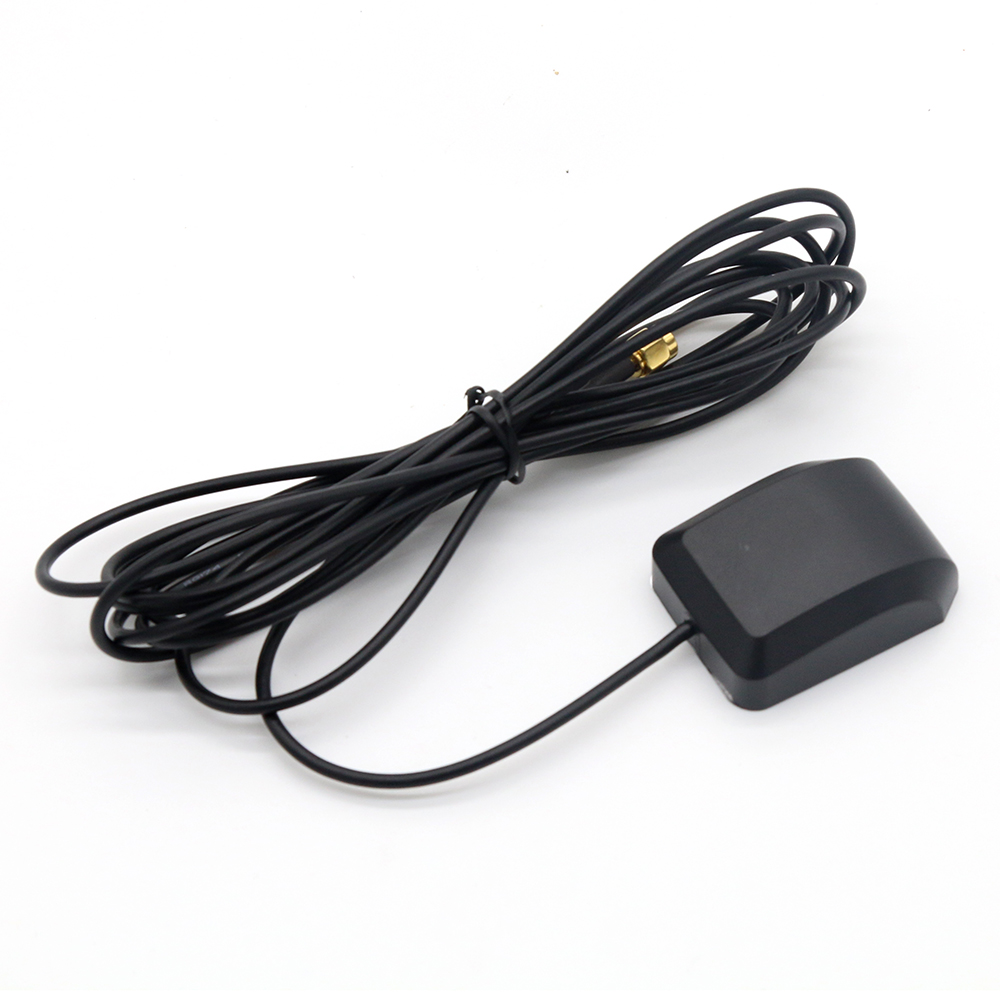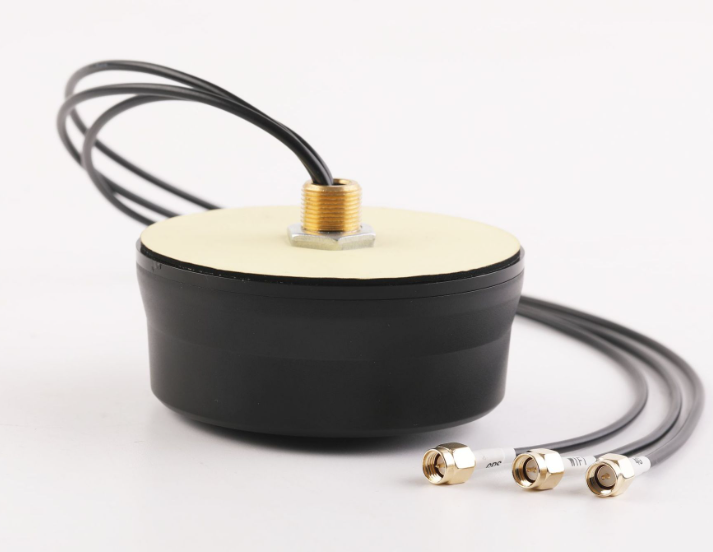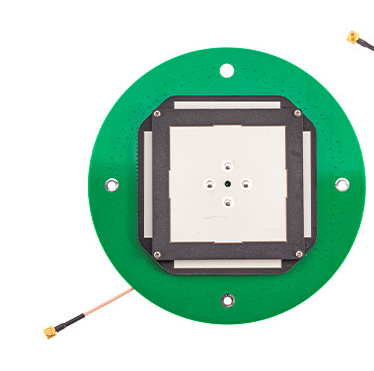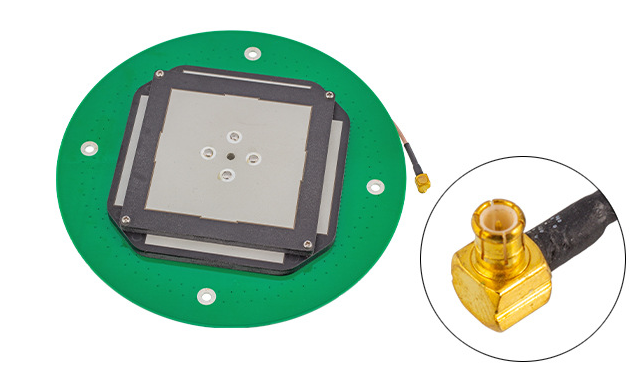Gps built-in Antenna (GPS own Antenna, function and advantage Analysis)
With the popularization of Global Positioning system (GPS) technology, GPS equipment has become an indispensable part of our daily life. As a key component of signal reception, the performance of the antenna in GPS equipment has a vital impact on the positioning accuracy and experience of GPS equipment. This paper will introduce the functions and advantages of GPS antenna in detail.
The function of GPS own Antenna
1. Signal reception
The main function of GPS's own antenna is to receive signals from GPS satellites, which contain time and position information and are the basis for GPS equipment to locate.
2. Signal enhancement
The signal strength received by GPS antenna directly affects the positioning accuracy of GPS equipment. Some high-quality GPS antennas have the function of signal enhancement, which can improve the positioning accuracy in the environment of weak signal.
3. Inhibition of multipath effect
Multipath effect means that GPS signal is reflected to GPS antenna after encountering obstacles in the process of propagation, resulting in positioning error. Some advanced GPS antennas can effectively restrain multipath effect and improve positioning accuracy through special design.
Advantages of GPS built-in antenna
1. Convenience
The GPS built-in antenna is integrated with the device without additional configuration, which makes the use process more convenient. Users do not need to care about the installation location and direction of the antenna, and they can easily locate the antenna by turning on the device.
2. Stability
The GPS built-in antenna is closely integrated with the equipment, which avoids the antenna movement or damage caused by external environmental factors (such as wind, vibration), and ensures the stability of positioning.
3. High efficiency
GPS built-in antenna can ensure that the equipment can receive the signal from the satellite at any time, thus ensuring the high efficiency of positioning. In the fields of outdoor navigation, outdoor sports, vehicle monitoring and other fields, efficient positioning capability is very important for users.
4. Adaptability
Different types of GPS devices have different performance of their own antennas. Some high-end GPS devices have stronger signal receiving ability and anti-jamming ability, and can maintain stable positioning performance in complex environments. This adaptability enables GPS devices to perform well in various environments.
5. Durability
GPS built-in antenna and equipment integrated design, with high durability, whether outdoor exploration or daily commuting, GPS equipment need to withstand a variety of environmental conditions, while the durability of GPS built-in antenna can ensure that the equipment can maintain stable performance during long-term use.
Case analysis
Taking outdoor exploration as an example, explorers need to rely on GPS equipment for navigation when they explore in complex environments such as mountains and forests. The performance of GPS's own antenna is particularly important. By receiving signals from satellites, GPS equipment can provide explorers with accurate location information. Some high-end GPS equipment's own antennas also have the functions of signal enhancement and multipath suppression. The positioning accuracy can be improved in a complex environment, which provides great convenience for explorers and ensures their safety.
GPS built-in antenna has multiple advantages such as convenience, stability, high efficiency, adaptability and durability. With the continuous development of GPS technology, the performance of GPS built-in antenna is also improving. We will see more GPS built-in antenna with advanced functions, which will bring more convenience to our life. For consumers, it is very important to choose a device with excellent GPS built-in antenna.





